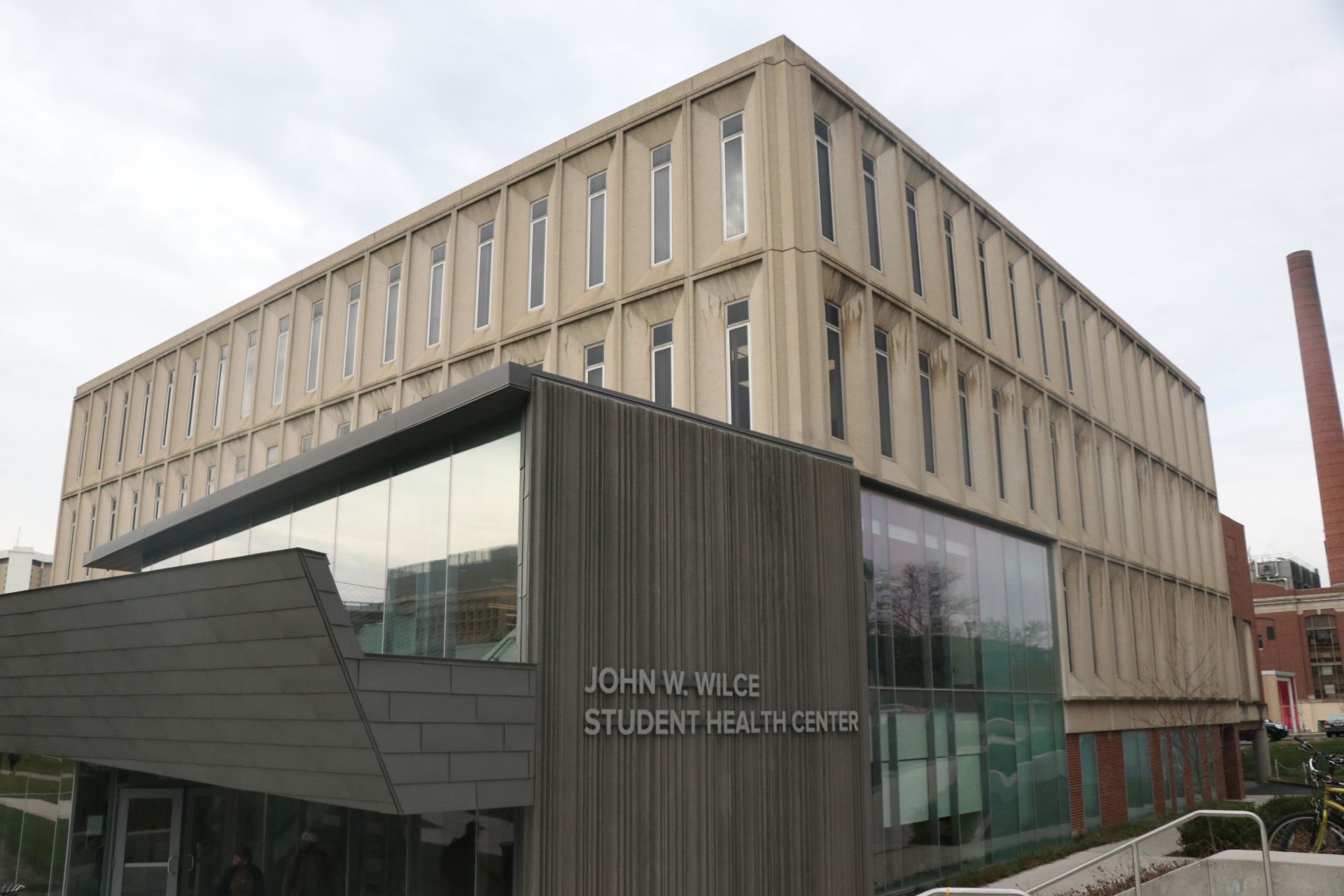
Victims of former physician Richard Strauss filed an appeal to the dismissal of all Strauss cases. Credit: Jack Westerheide | Lantern file photo
Attorneys representing 84 former Ohio State students and student-athletes appealed a federal judge’s dismissal of lawsuits against the university for failing to address and prevent decades of sexual abuse by former university physician Richard Strauss.
The brief, filed Wednesday in the U.S. Sixth Circuit Court of Appeals, argued the lower court erred in dismissing the suits on the grounds that the statute of limitations had passed for more than 300 plaintiffs. In issuing the blanket dismissal, the brief contended, the lower court failed to consider the unique circumstances of many victims who weren’t aware at the time they were abused or who weren’t aware the university knew of Strauss’ abuse.
“[The lower] court put every individual into one pot and believed that every individual, regardless of the allegations made in the complaint, were to be treated the same, even though each individual alleged facts that were different from other plaintiffs,” Scott Smith, one of the attorneys representing the victims in the appeal, said.
Strauss was a physician at the student health center and varsity team sports doctor from 1978-98. During his tenure, he sexually abused students and student-athletes during medical exams. An independent investigation in 2019 found Strauss sexually abused at least 177 students — and that university officials were aware of complaints as early as 1979 but did not act.
Strauss died by suicide in 2005.
University spokesperson Ben Johnson referred The Lantern to the university’s previous statements and added that since 2020, 232 victims have settled with the university for a total of $57.8 million.
The statute of limitations for civil cases of sexual abuse is two years in Ohio. While the university’s attorneys argued — and the lower court judge agreed in September 2021 — that the statute of limitations started for each victim after they left the university, the brief argued the issue is more complex.
According to the lawsuit, all but nine plaintiffs claim they weren’t aware that Strauss’ actions during exams constituted sexual abuse until others came forward in 2018. The brief further argued that in all plaintiffs’ circumstances, the university fraudulently concealed Strauss’ abuse and its own failure to address it.
Steve Snyder-Hill, the lead plaintiff in the appeal, reported Strauss after he was sexually assaulted at the Student Health Center in 1995. Strauss’ boss, former director of Student Health Services Ted Grace, promised Snyder-Hill in a letter that no other student had complained about Strauss — despite a student having reported Strauss to Grace just days before.
Snyder-Hill said it was important for him to know whether Strauss had abused anyone else. When Grace told him he was the only person to complain, it confirmed what he feared: that what he experienced wasn’t sexual assault, Snyder-Hill said.
“You can’t make somebody think that they’re confused and mistaken and then send them on their way, and then turn around and say, ‘Hey, sorry, it’s too late,’ ” Snyder-Hill said.
The Sixth Circuit will decide whether to hear oral arguments on the case before issuing its opinion.


